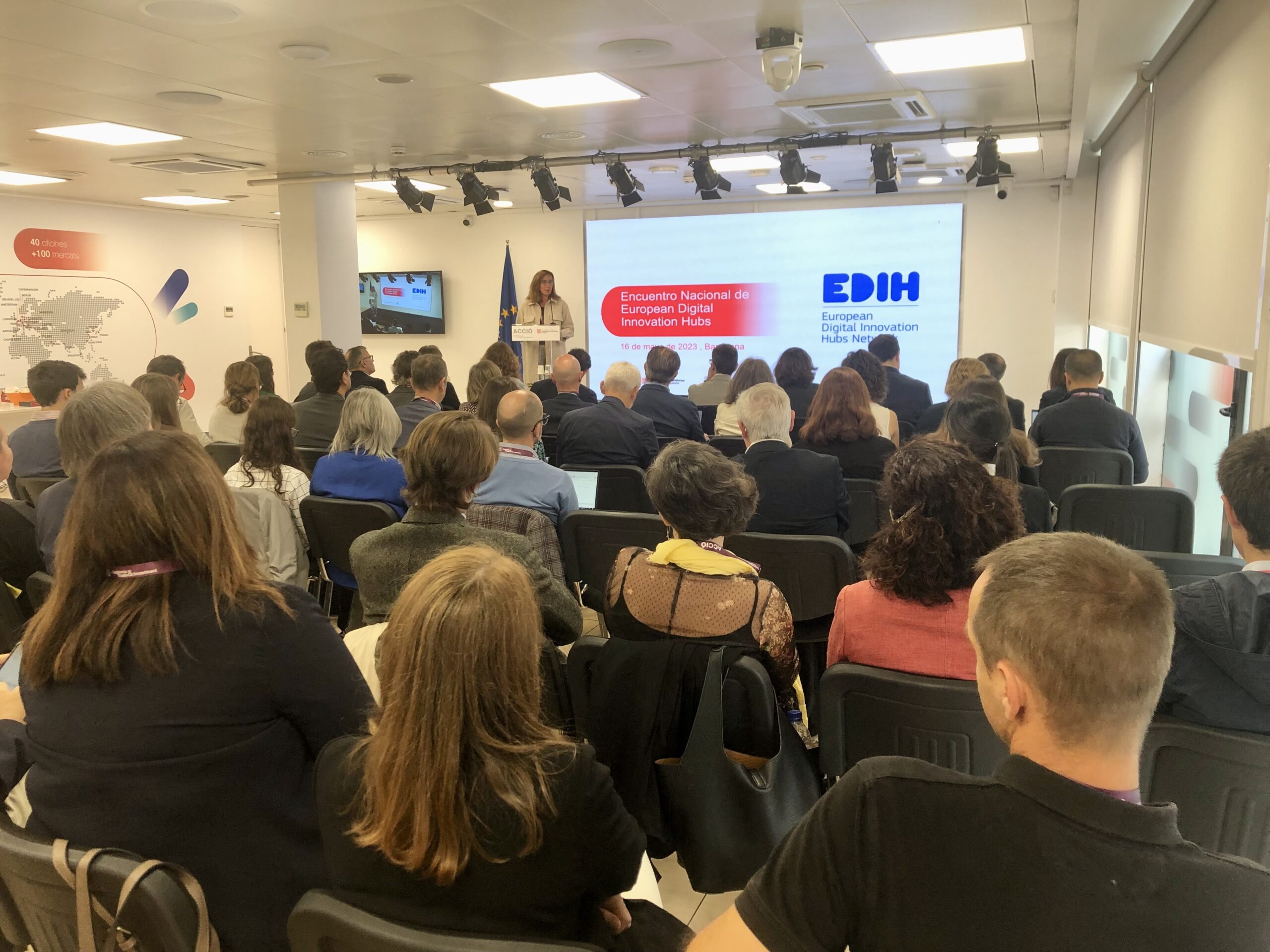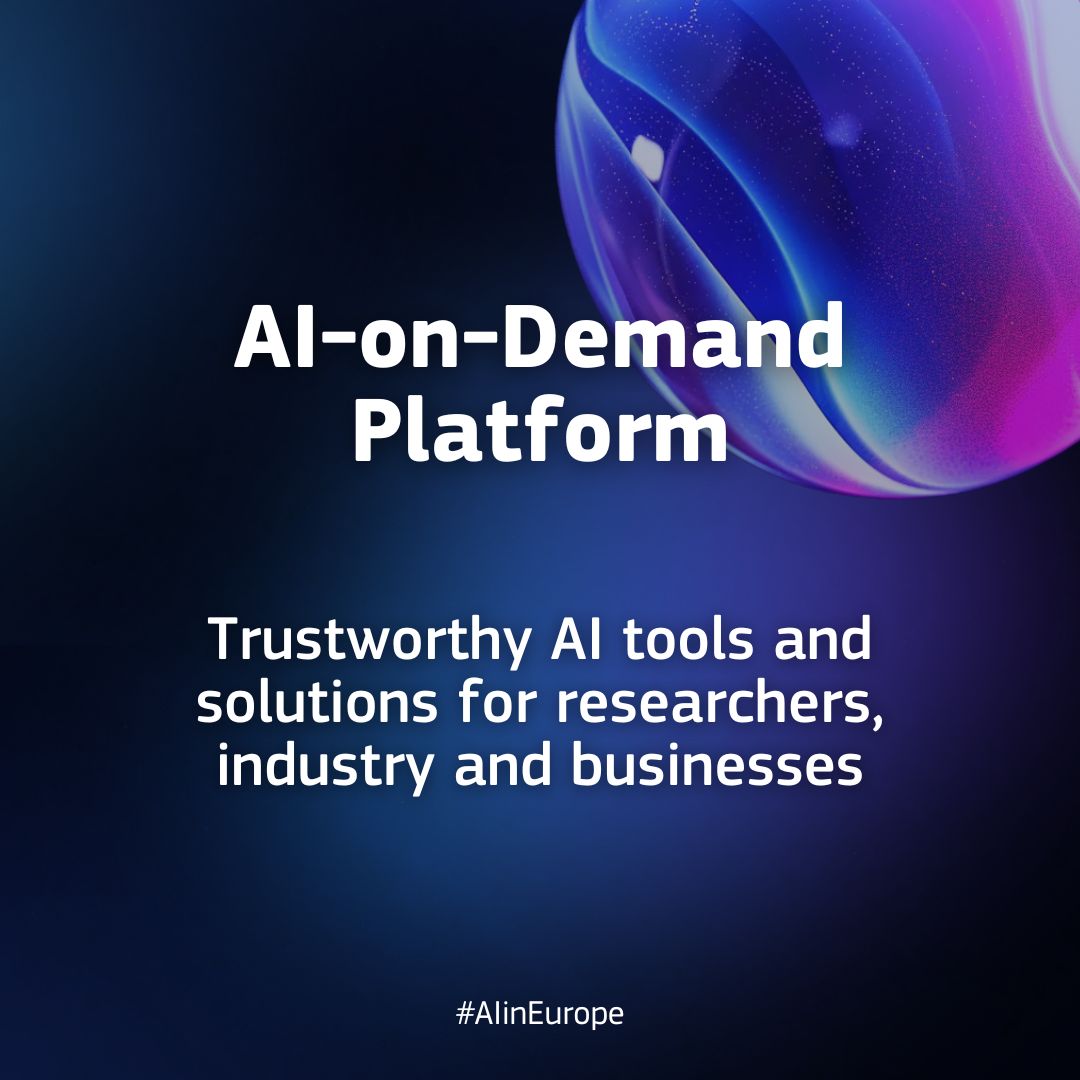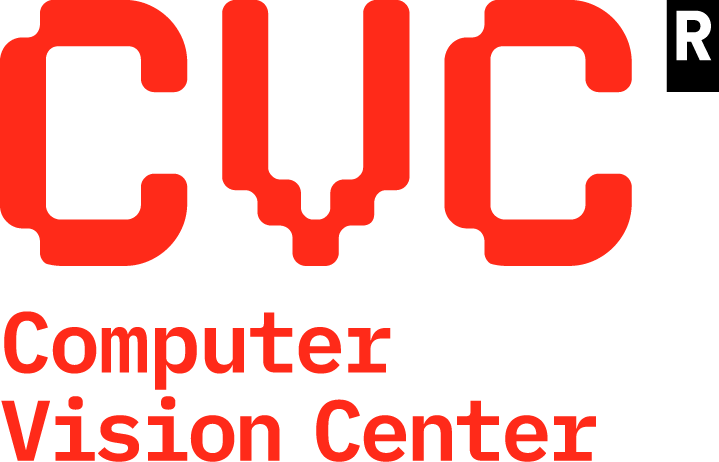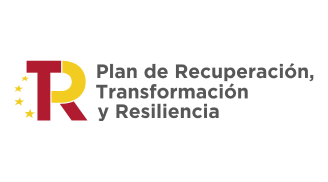First National Meeting of European Digital Innovation Hubs in Barcelona
The EDIH network will play a key role in accelerating the adoption of advanced digital technologies by European companies.
- Additive manufacturing and 3D printing
- Advanced manufacturing and robotics
- Artificial Intelligence
- Cybersecurity
- Photonic
- Smart connectivity
- Supercomputing
- 23/05/2023 14:05
On May 16, the first National Meeting of European Digital Innovation Hubs (EDIHs) was held at the ACCIÓ offices in Barcelona. ACCIÓ acts as the national representative of the network to the European Commission. The meeting gathered a total of 22 EDIHs from various Spanish regions to foster collaborations and connections among participants and address the challenges of digitalizing companies and industries nationwide.
The event began with a welcome speech from Oriol Alcoba, Director General of Industry for the Government of Catalonia, addressing the 22 regional EDIHs attending the meeting. María Muñoz, Director General for Industry and SMEs at the Ministry of Industry, Trade, and Tourism, also expressed gratitude, highlighting the importance of this first meeting as a starting point for collaboration between regional hubs.
Yves Paindaveine, a representative of the European Commission, then shared the Commission’s vision, emphasizing the global competitiveness goals of the EDIHs. He underlined the target for 2030: ensuring that at least 90% of European companies achieve basic digitalization levels and 75% adopt advanced technologies like artificial intelligence, cybersecurity, or robotics.
Paindaveine added that there are approximately 70 EDIHs, 25 of which are Spanish and have been awarded the European Union’s seal of excellence. He highlighted the importance of co-investments to implement strategies and support the green transition, noting that EDIHs can be key tools for sustainable technology development. He also emphasized the role of the National Recovery, Transformation, and Resilience Plan in supporting Digital Innovation Hubs nationwide. Paindaveine urged EDIHs to collaborate and share best practices through the Digital Transformation Accelerator (DTA) while demonstrating solid impacts on businesses, reflected in the achievement of key performance indicators (KPIs).
Next, David Vidal, Director of the Digital Transformation Accelerator (DTA), presented the DTA’s services, aimed at supporting the EDIH network and accelerating Europe’s digital transformation.
Miguel Sánchez, Director of Innovation, Entrepreneurs, and SMEs at the School of Industrial Organization (EOI), introduced the Support Program for Digital Innovation Hubs (PADIH). This program, part of the Digital Europe Programme and funded by the Recovery Plan, aims to support small and medium-sized enterprises. Sánchez shared the program’s progress and provided practical details about the call.
The EOI summarized that 173 applications have been received so far from six EDIHs, with most coming from the Catalonia Digital Innovation Hub (DIH4CAT), which submitted 135 applications. Other participating hubs included DIGIS3, Aragón EDIH, the Air-Andalusia Digital Innovation Center, Asturias Digital Innovation Hub (AsDIH), and Navarra’s Digital Innovation Hub, IRIS.
Finally, the 22 EDIHs gave brief presentations on their activities, organizational structures, funding sources, challenges, and insights to foster connections and collaborations.
In the afternoon, attendees explored Catalonia’s advanced technology ecosystem and infrastructures. Visits included the facilities of the International Advanced Manufacturing 3D Hub (IAM3DHUB), a technological leader in additive manufacturing and 3D printing and a DIH4CAT partner alongside Leitat Technological Center. The group also toured the Barcelona Supercomputing Center (BSC), the main agent of the supercomputing node and another DIH4CAT partner. These visits showcased the capabilities of both institutions and highlighted technology adoption and digitalization cases involving SMEs, start-ups, and public entities.

















